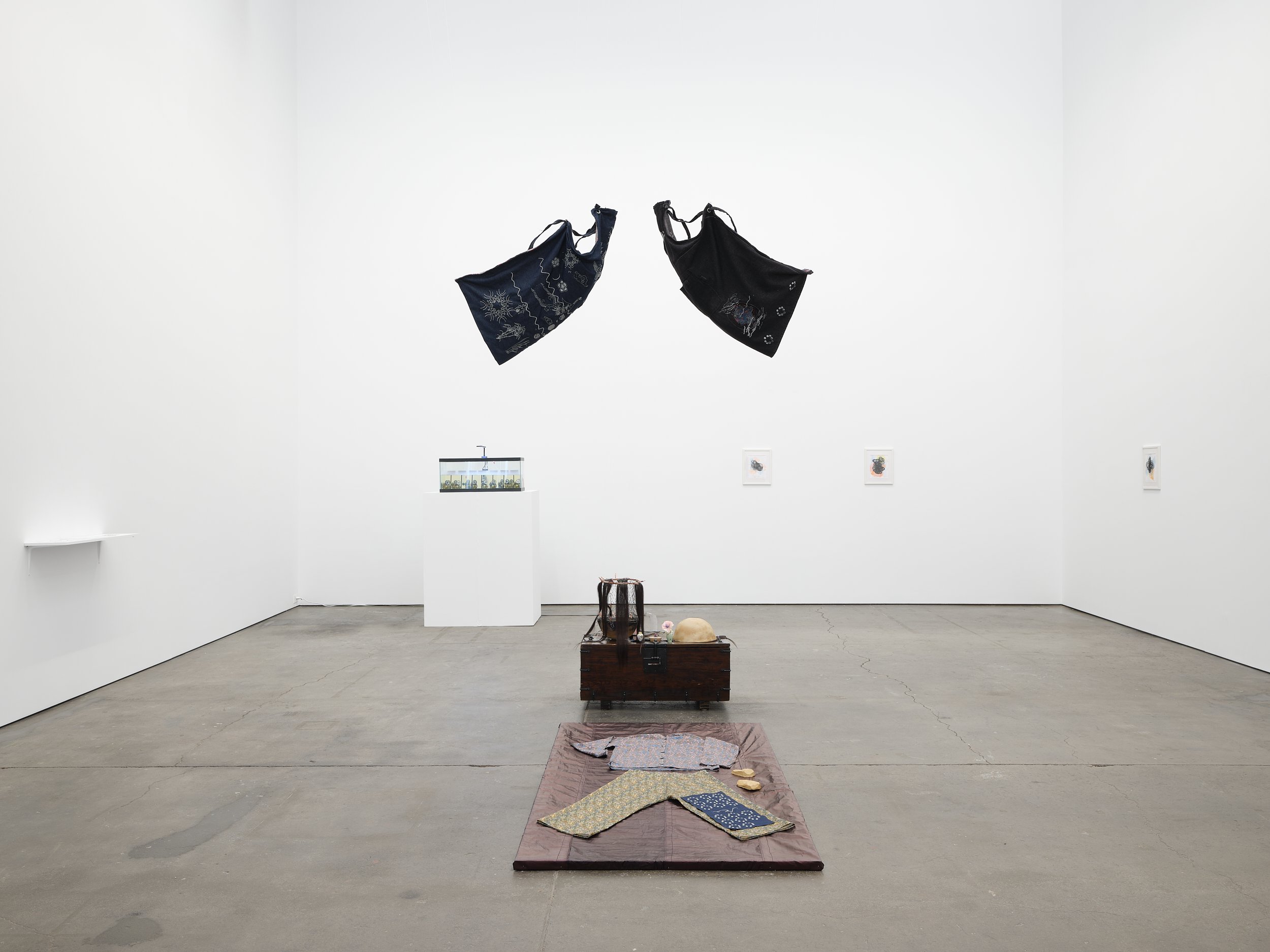
An Archive of Witch Fever (2022-2024)
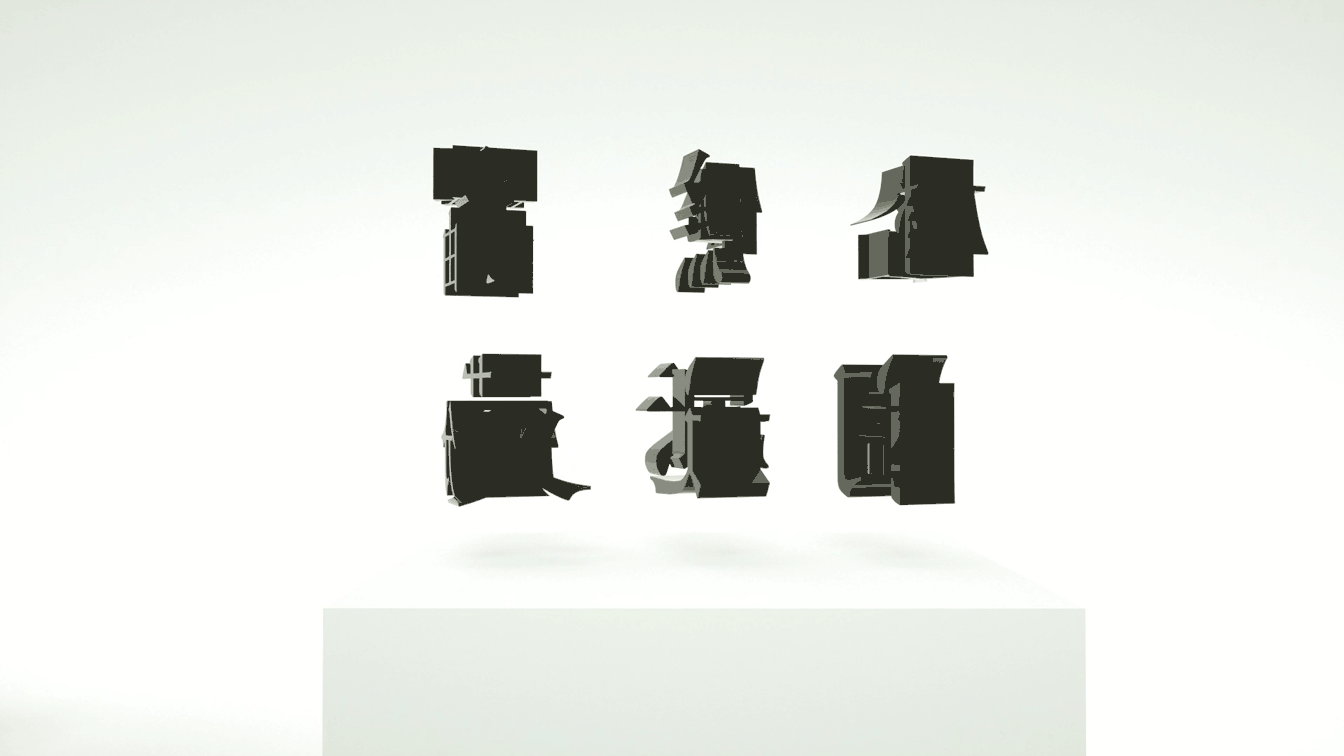
The Future of Memory (2019-2022)
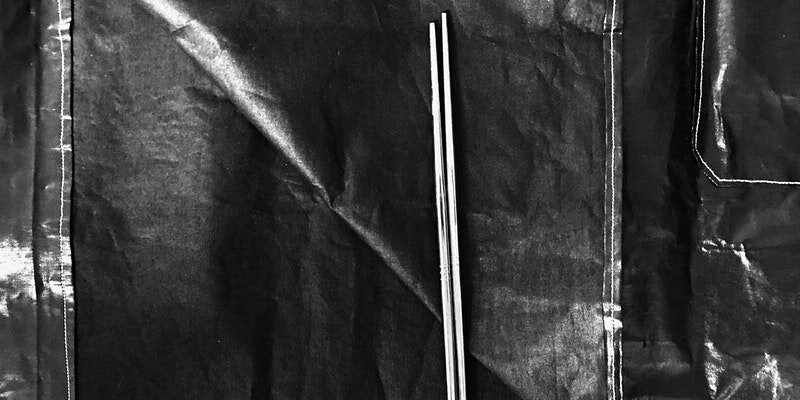
How To Feed an AI (2019-2020)
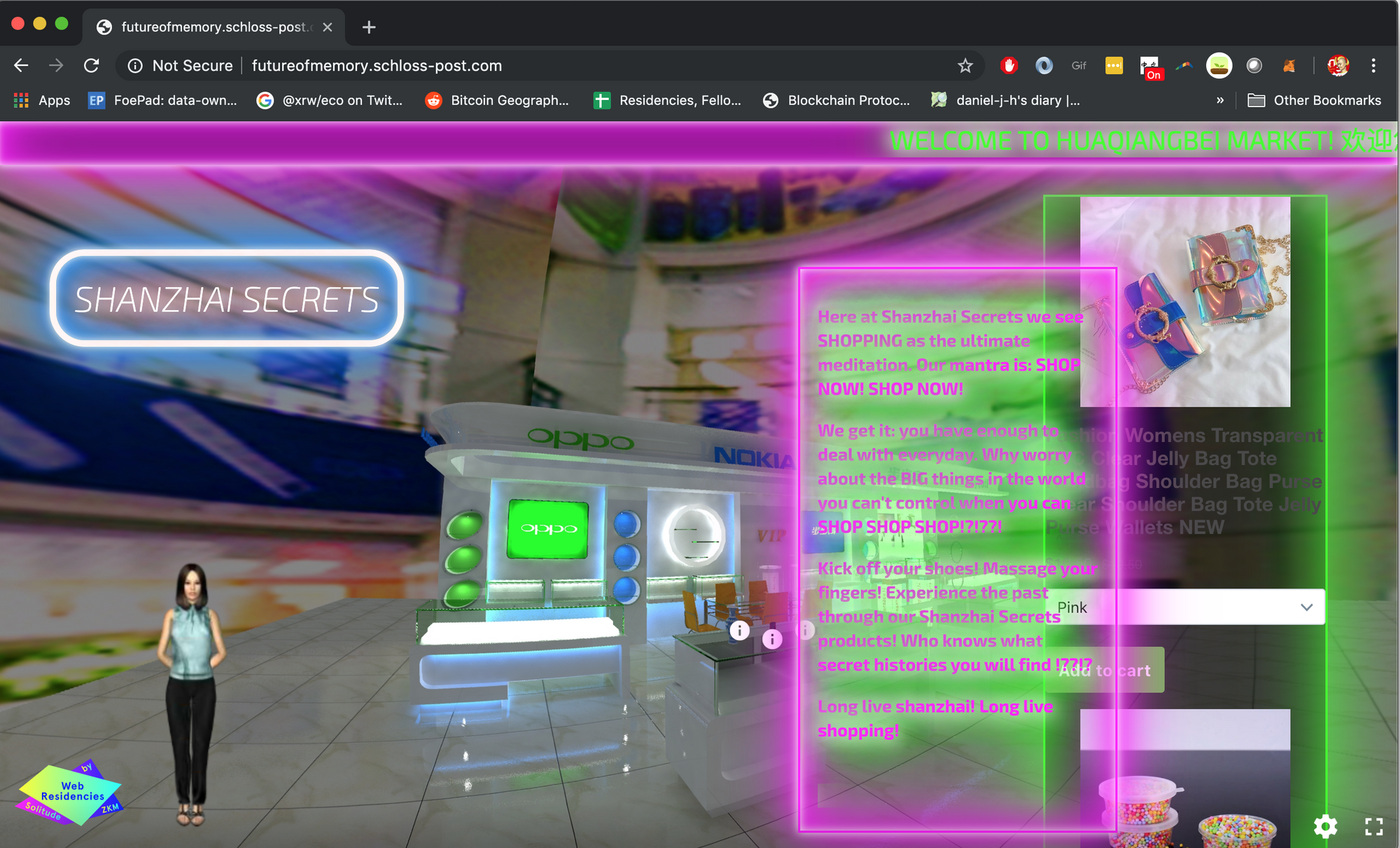
Shanzhai Secrets (2019)
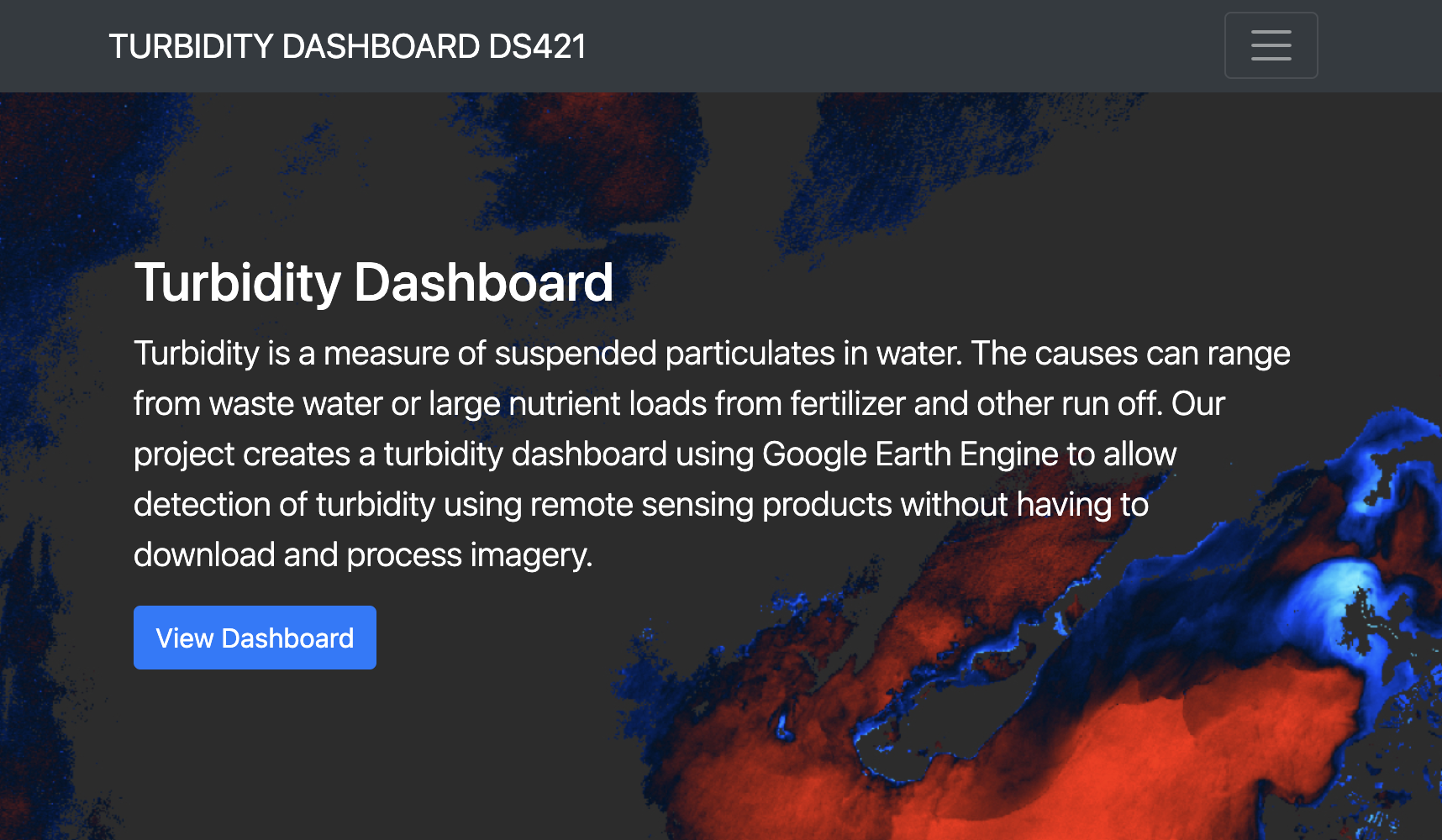
Detecting water pollution from outer space (2019)
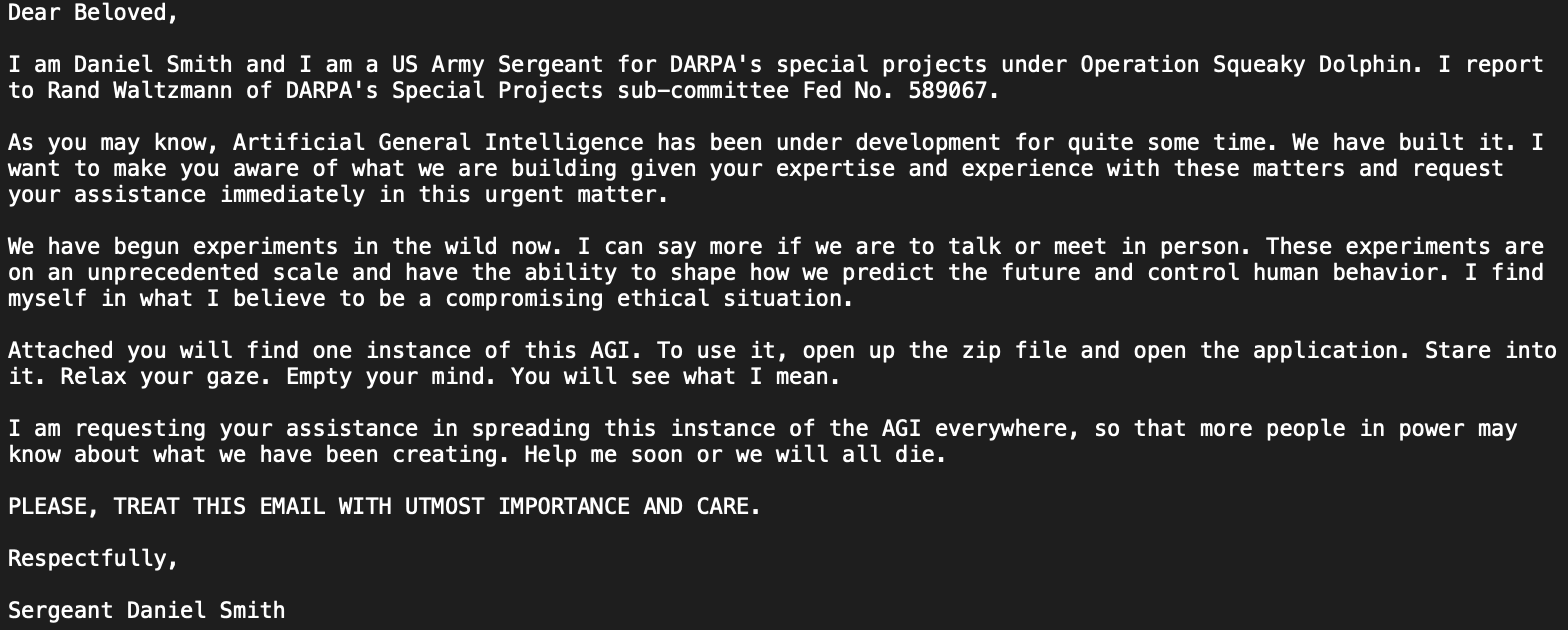
mAGIc (2019)
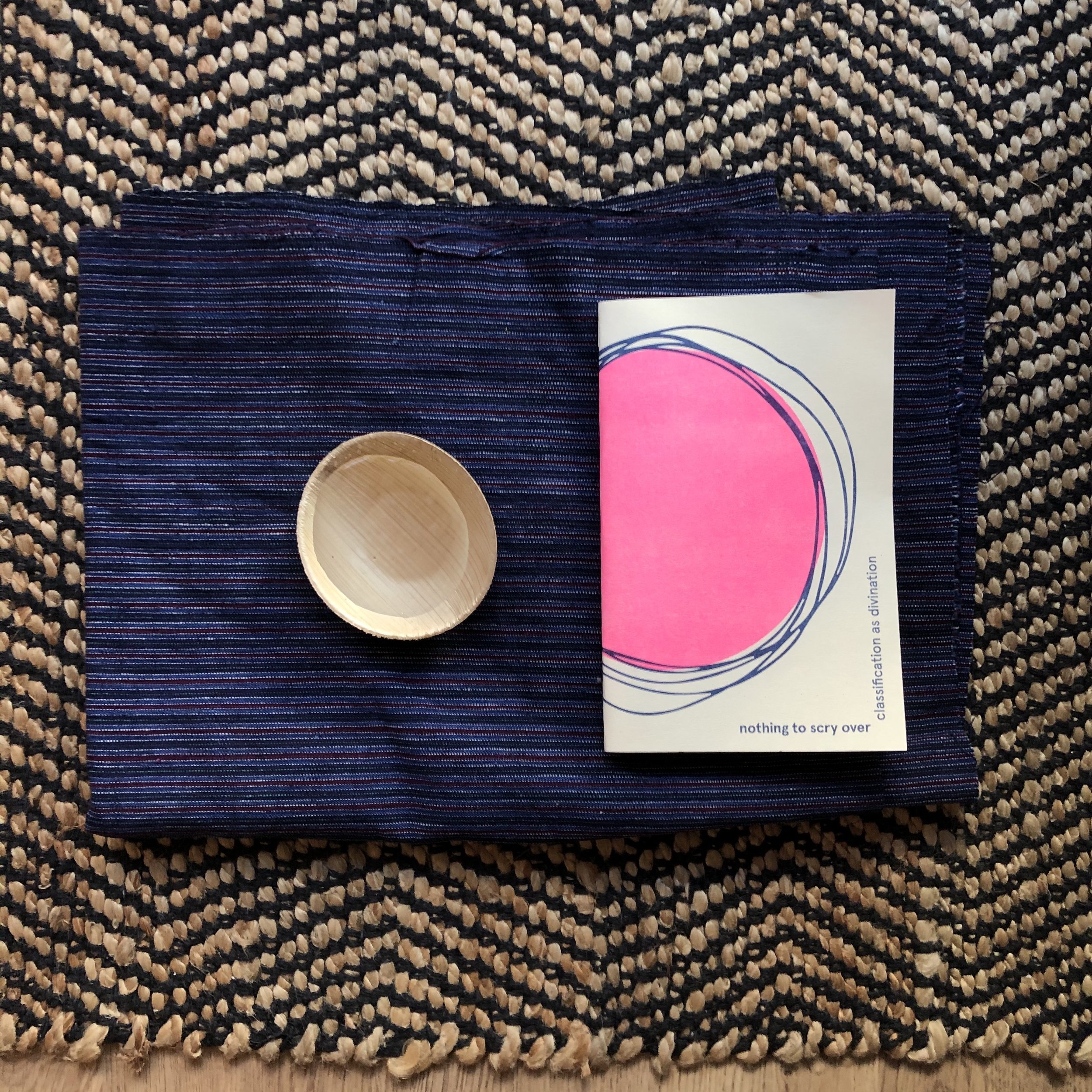
Nothing to Scry Over: Classification, AI and Divination (2019-2020)
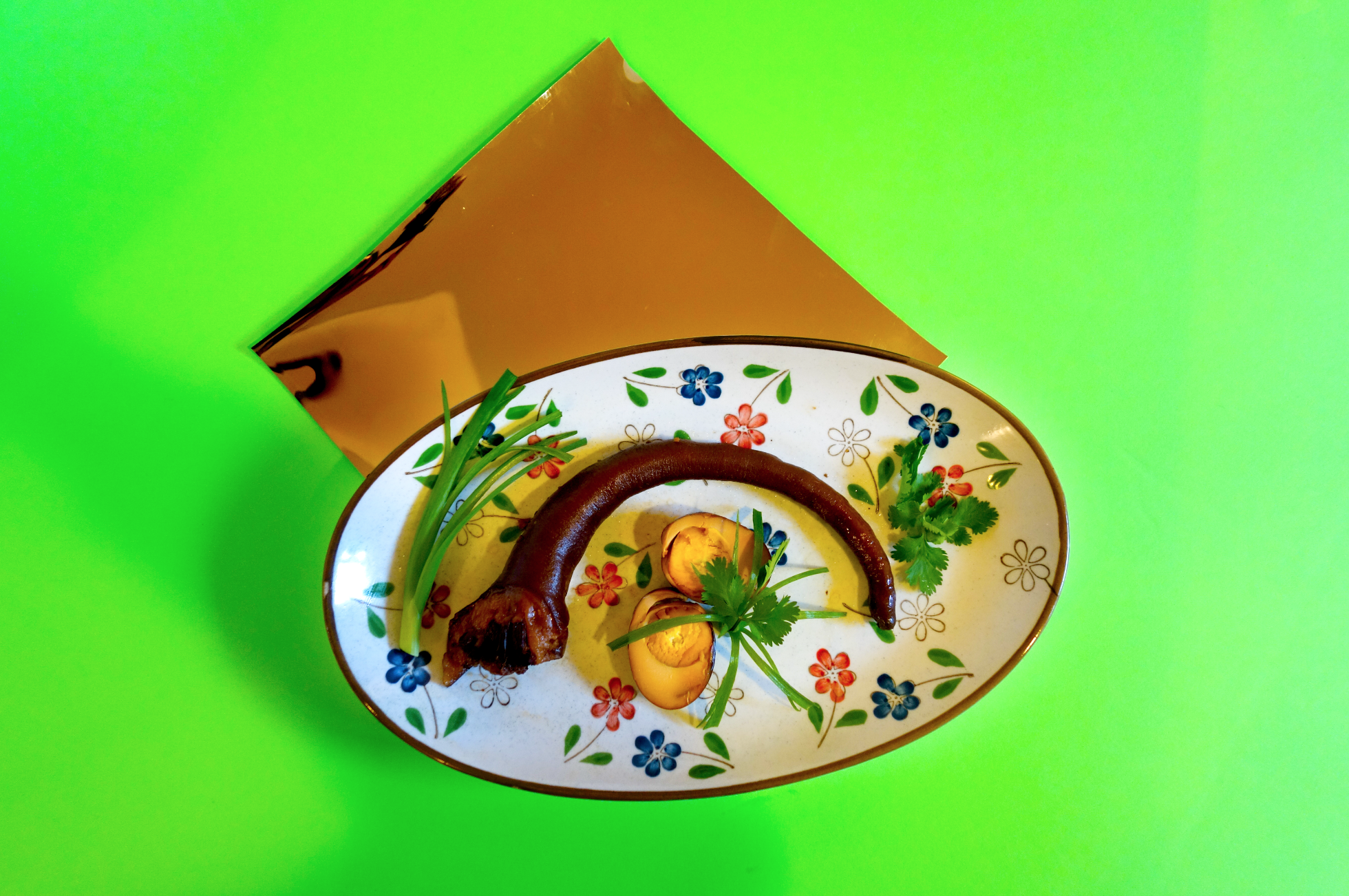
How to Eat and Code in Chinese: Sinofuturist recipes 🌶 (2019)
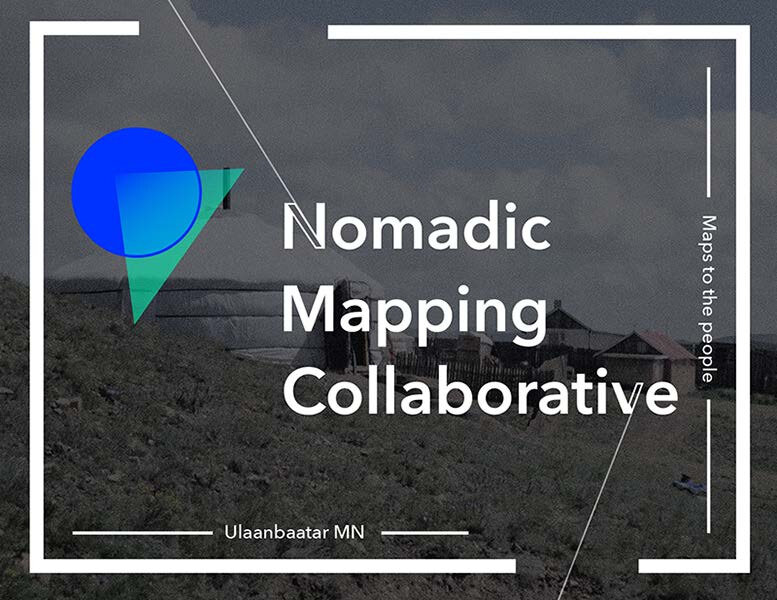
Nomadic Mapping Collaborative (2014-2015)
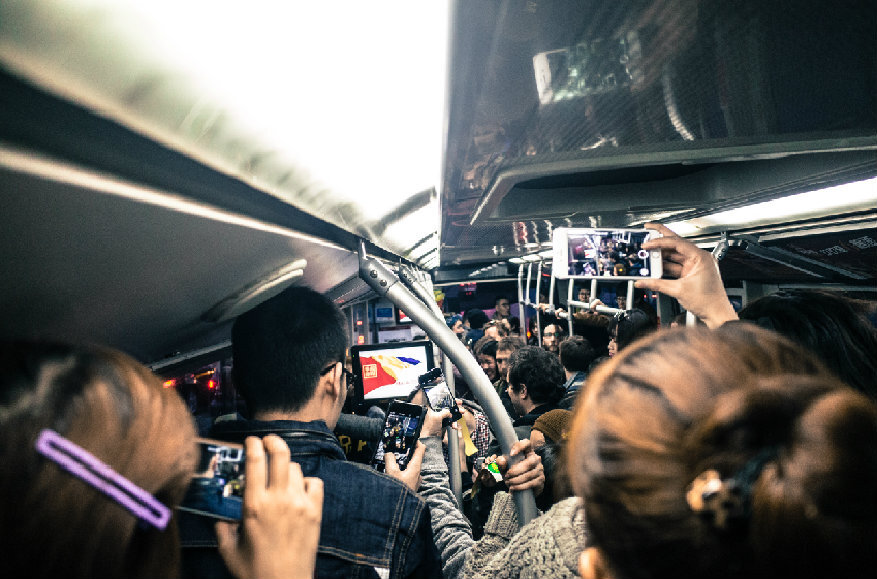
LOOP (2014-2015)
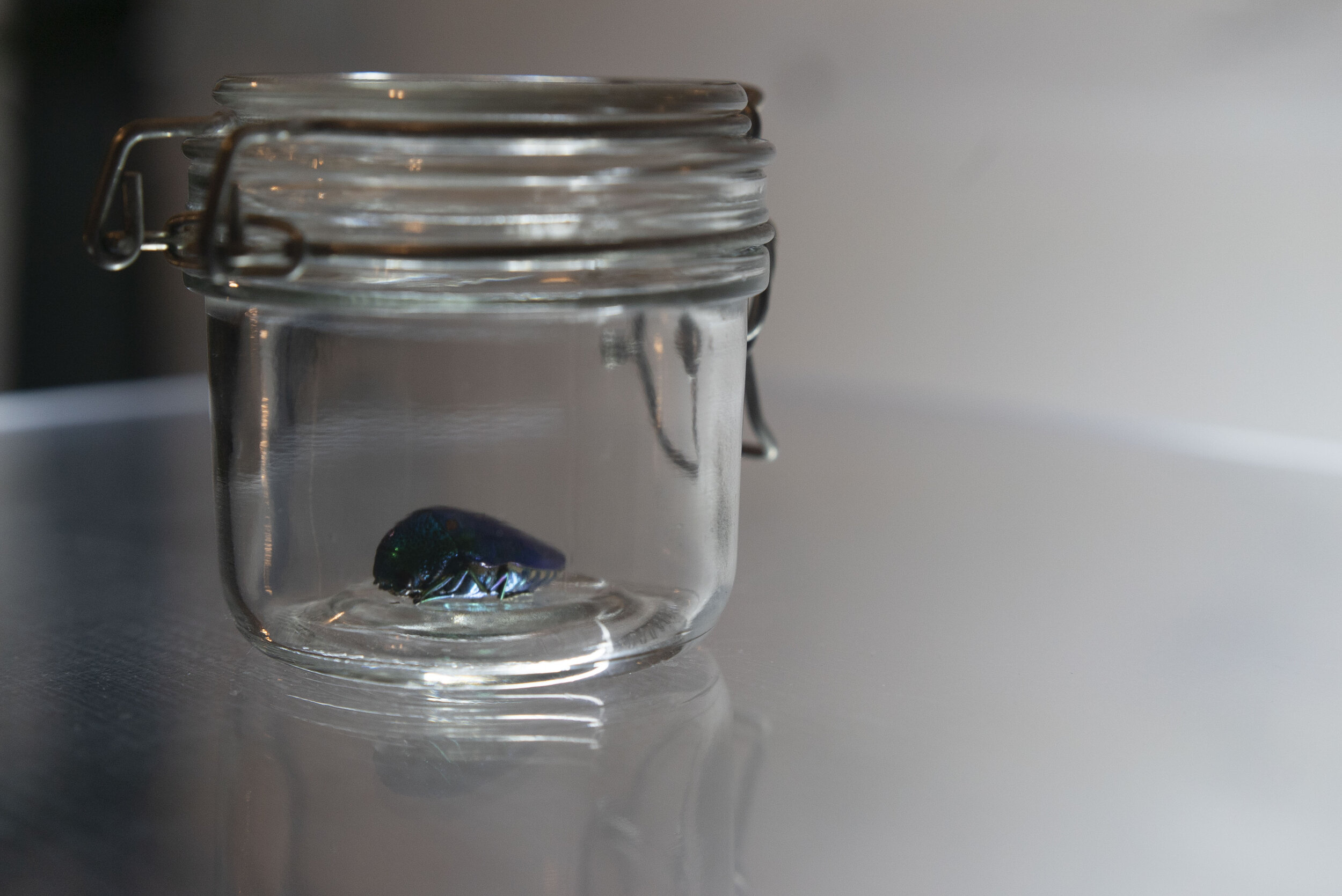
Lux Meridiani (2014)
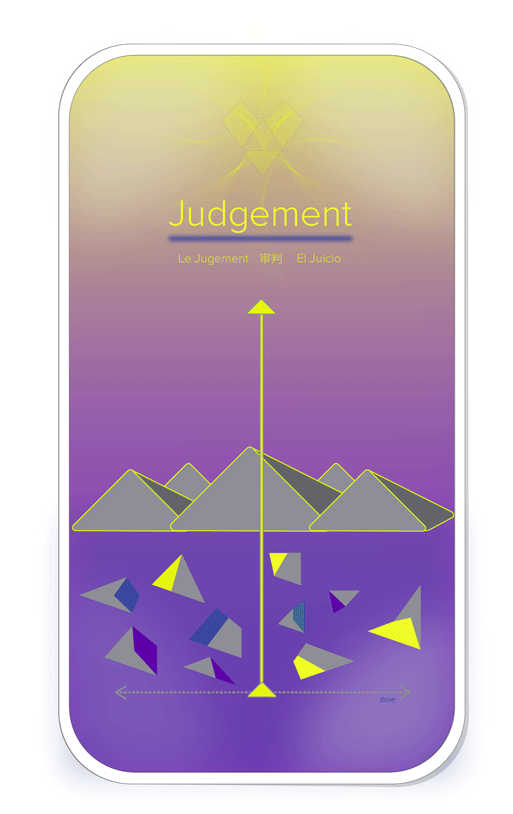
Cyberfeminist Witch Remedies (2014)
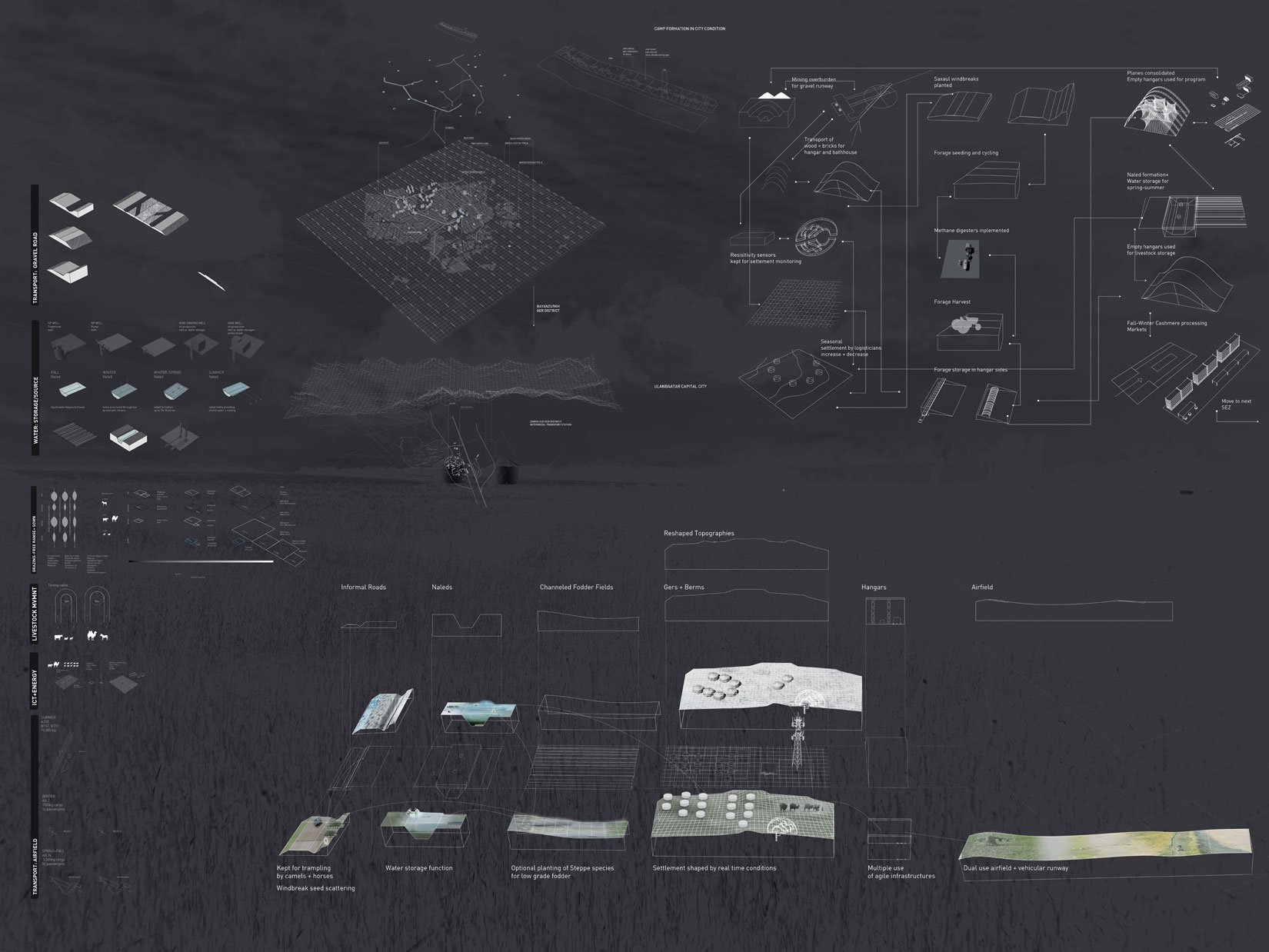
The Nomad, The Technologist (2013)
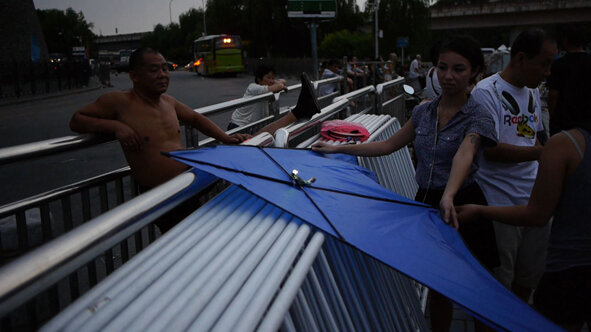
FLOAT Beijing (2012)
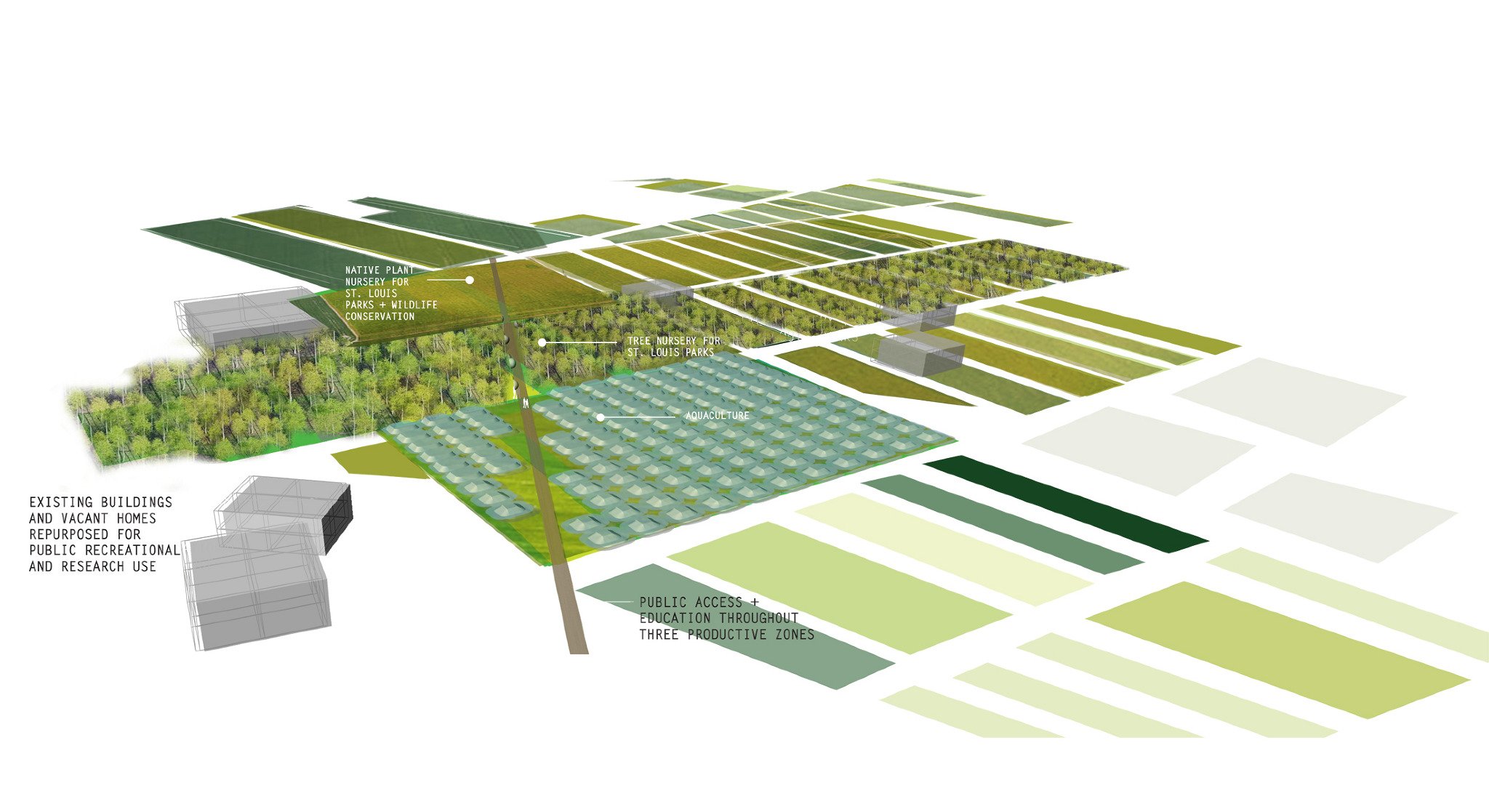
Pruitt-Igoe Now (2012)
I use code and coding to enact rituals, stories and spaces for gathering community, with all its tensions and openness. My earlier body of work centers around community geospatial data, community mapping and cartographic power — the ways visibility is in tension with state recognition, as well as how speculation and speculative cartographies can subvert predictive, quantified data models into a possible, intractable one.
My recent work focuses on gathering, domestic space and domestic objects — such as narrative, sci-fi dinners, speculative software — that open up space for practices between art, activism and critical tech. I’m particularly interested in vocabularies of craft, softness and the domestic that offer ways to unsettle the embedded, colonial notions of “being” that Sylvia Wynter theorizes, embedded into emerging technologies like AI and algorithms. The kitchen table is crucial for me; a site of creation, gathering and possibility, a site overlooked by patriarchal, Western design and art. The terms “artist” and “engineer” are historically constructed and situated — created by social scientists like Thorsten Veblen to differentiate between the supposedly more “important” work of artists and engineers vs the work of people doing craft. These terms were, of course, heavily gendered and racialized for Veblen.
I explore practices of care and commitment, around community data and community health, in parallel with my recent writings on desire, settler colonial technologies and ways of knowing outside of Western industrialized thinking. I see the gallery space broadly, as a place outside of institutions, and I resonate deeply with Douglas Huebler’s proclamation “The world is full of objects, more or less interesting; I do not wish to add any more. I prefer, simply, to state the existence of things in terms of time and/or place.”
more projects added soon / under construction ⚒️⚒️⚒️⚒️⚒️